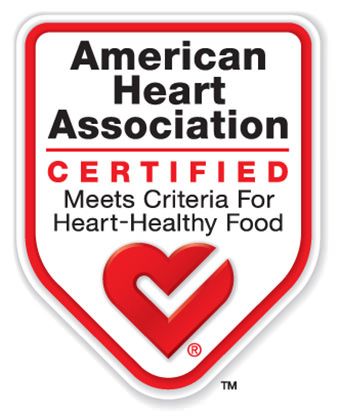It’s Time to Stop Blaming Eggs
Many of us grew up in a world where eggs were demonized. They were loaded with cholesterol, and this was bad for you. It was a simple message; now it turns out that this message was too simple. New research now suggests that eggs are fine.
Why Eggs Have Such a Bad Rep
It started with a recommendation from the American Heart Association almost six decades ago that instantly demonized not just eggs but all cholesterol as well as saturated fats. Consuming a diet that included eggs, as well as butter, lard, beef, and so on, would cause heart disease, the AHA announced, and no more than 300 mgs of cholesterol should be consumed per day. It’s taken decades and many research studies that have shown otherwise to even begin to spotlight the damage these low-fat and low-cholesterol diets have created.
The American Heart Association’s stance today is no longer that cholesterol consumption causes heart disease. The AHA also says that eggs provide protein and nutrients that make them a good choice for a healthy diet. Despite this, they continue to warn that egg yolks should be reduced if one wishes to lower their cholesterol levels, they continue to recommend a limit of 300 mgs of dietary cholesterol per day, and they also recommend limiting eggs specifically to no more than one per day and to only healthy people.
The AHA now blames saturated fat consumption, which they say causes the liver to produce more cholesterol thereby increasing blood cholesterol levels and the risk factor for heart disease. Their website says to lower cholesterol, the best thing you can do is reduce saturated fats, emphasizing that most high-cholesterol foods are also high in saturated fats. They also still recommend margarine (hydrogenated vegetable oil) over butter. This is despite the fact that saturated fats, including butter, have been clearly vindicated in many studies. On the other hand, other studies have shown that hydrogenated vegetable oils (like margarine), are not healthy choices.
Does Eating Eggs Increase Blood Cholesterol…Even a Little? Study Says No
The purpose of the new study was to compare the cardiovascular and metabolic results of a high-egg diet (12+ eggs each week) versus a low-egg diet (no more than 2 eggs each week). This study consisted of 128 subjects with type-2 diabetes or prediabetes who were followed over a period of one year. The study followed on the heels of a previous study that investigated the same thing but for only three months; the previous study found no negative effects of a high-egg diet when compared to a low-egg diet.
The results? On the cardiovascular side, between the two groups, there were no differences found in the risk markers (cholesterol, blood pressure, blood sugar, etc.) for cardiovascular disease. In other words, the high-egg group was not found to have a higher risk of cardiovascular issues. Another interesting finding was that on the metabolic side, both the high-egg and low-egg groups lost an equivalent amount of weight during the course of the study.
So while the AHA still tries to limit our egg intake or deter us from eating the best part of the egg (the yolk), this study found absolutely no correlation between the amount of egg consumption (dietary cholesterol) and blood cholesterol levels.
Why Are We Chasing Cholesterol?
Maybe the bigger question is whether or not we need to be so heavily focused on cholesterol numbers in the first place. Extensive research has found LDL, or bad cholesterol, numbers to be pretty unimportant in most cases. In addition, because of the importance of cholesterol to keeping the body healthy, statins (cholesterol-lowering drugs) may do more harm than good—this is a whole other issue and one you can learn more about in my video below:
Why You Should Be Eating Eggs
In addition to the egg’s well-known high-protein content, eggs are chockful of many other nutrients, such as amino acids that are the key to maintaining and repairing muscle; carotenoids like lutein, which support healthy eyes; choline, which supports a healthy liver and brain; iron; all B vitamins; and many other vitamins and minerals.
Why Does the AHA Have This Stuff So Backward?
Regrettably, the AHA has become nothing more than a marketing machine. It has long since accepted money from corporate food clients to place its logo on their products (see below). When you do this, you paint yourself into a corner scientifically. Meaning, for example, if the science suddenly shows that the low-fat, high-carbohydrate food you’re endorsing is bad for the health of Americans, it’s hard to give up that income stream.
The upshot? I learned a long time ago that when an organization like the American Heart Association begins taking money from industry, it has crossed a line that should never be crossed. So I’ll stick with the science and ignore the logo. Load up on the eggs, boys and girls. Also, throw some real butter on top!

If you have questions or comments about this blog post, please email us at [email protected]
NOTE: This blog post provides general information to help the reader better understand regenerative medicine, musculoskeletal health, and related subjects. All content provided in this blog, website, or any linked materials, including text, graphics, images, patient profiles, outcomes, and information, are not intended and should not be considered or used as a substitute for medical advice, diagnosis, or treatment. Please always consult with a professional and certified healthcare provider to discuss if a treatment is right for you.
